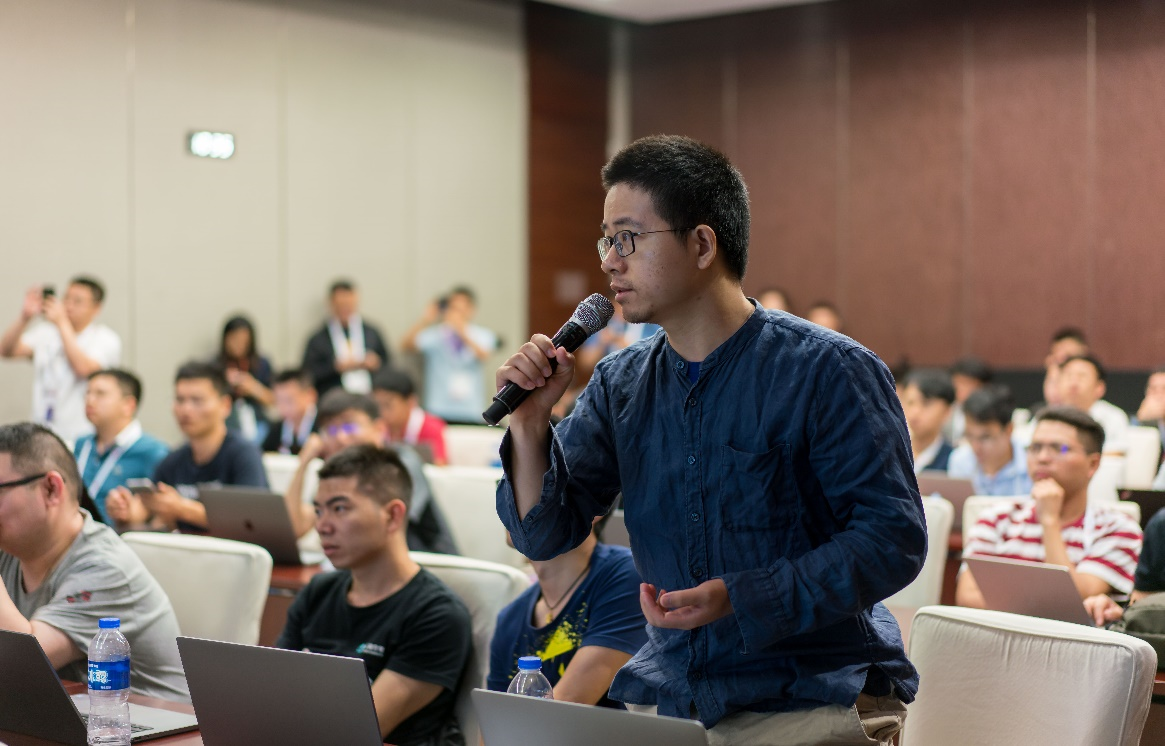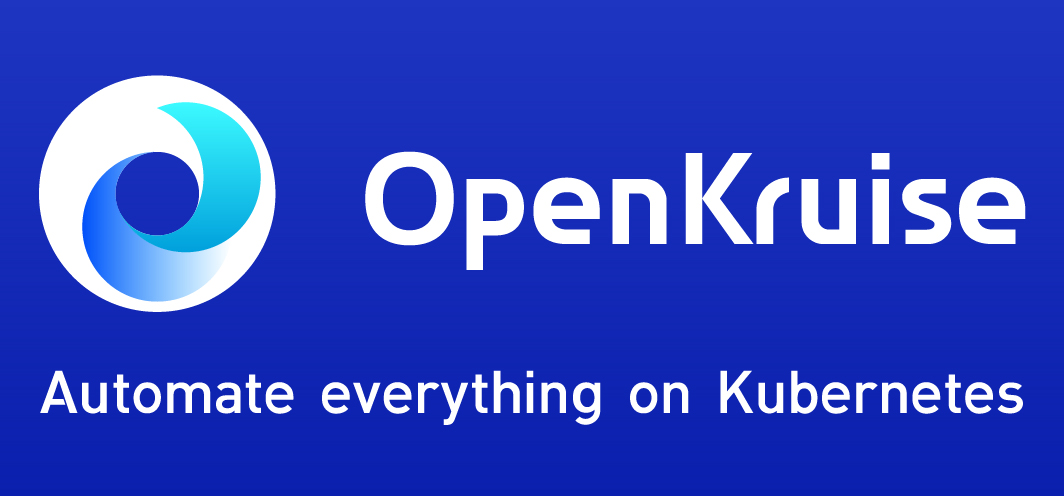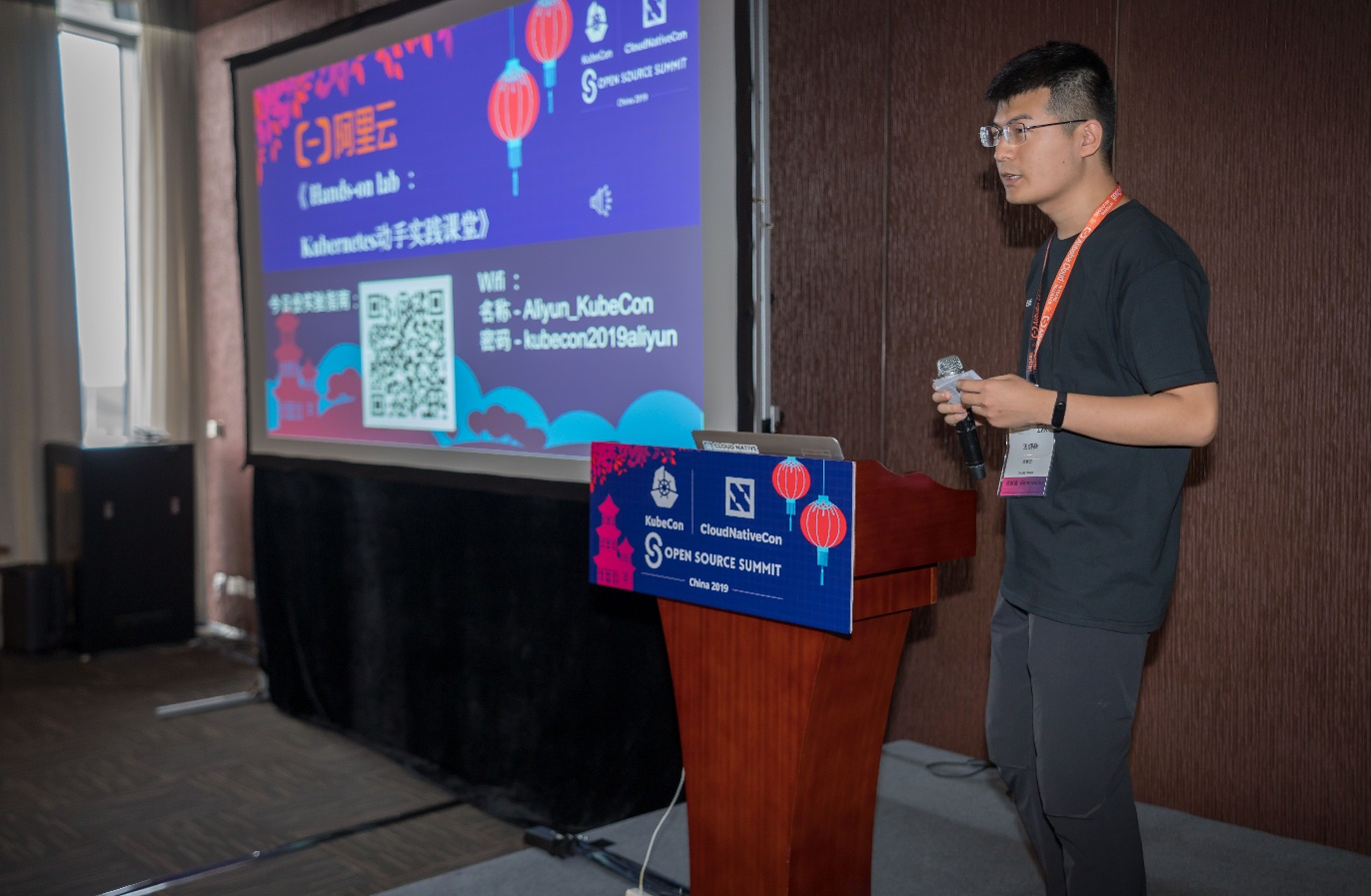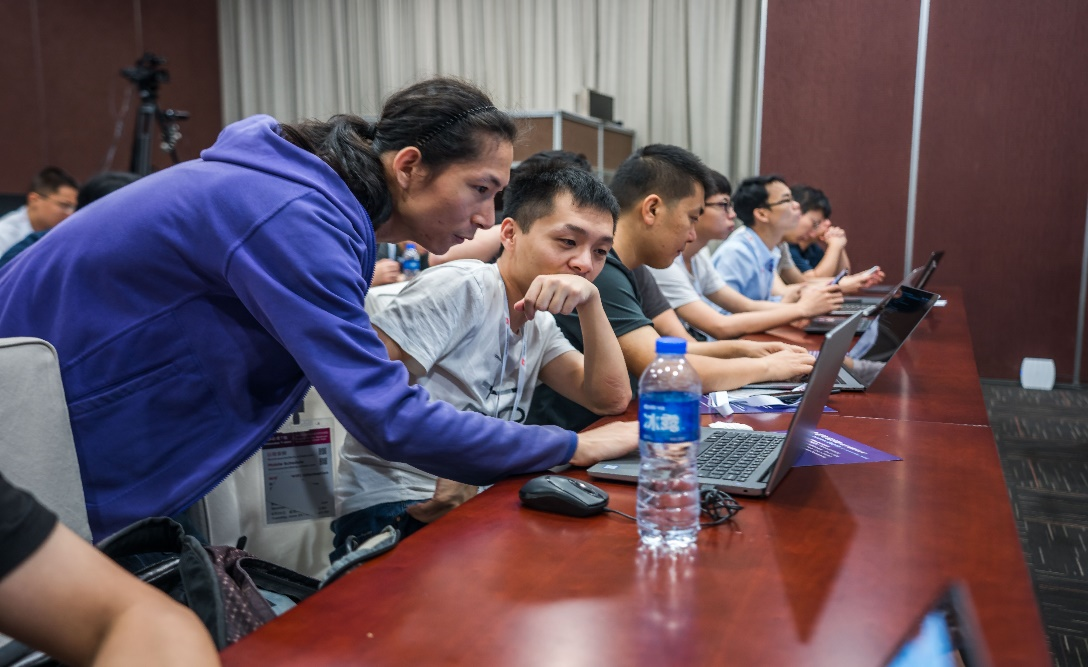Watch Alibaba Cloud's webinar on Bringing a Microservice App to Managed Kubernetes in 10 Minutes to learn more about setting up Kubernetes clusters on Alibaba Cloud with Container Service for Kubernetes.
KubeCon + CloudNativeCon was held for the second time in China on June 24, 2019. This time, 26 technical presentations from Alibaba Group were selected for the event. The presentations and two workshop sessions brought Alibaba Cloud experts and other technology enthusiasts together once again. On the first day of the KubeCon event, 12 experts from Alibaba Cloud conducted a full-day hands-on workshop for developers.

Attendees gained a deep and thorough understanding of container networks and logs and were given a chance to experiment with a variety of cloud-native product capabilities. They tackled many interesting scenarios around Alibaba Cloud Container Service for Kubernetes (ACK), including building Knative-based applications and using serverless applications developed for production. Also there was the opportunity to explore how to share data across subtasks through shared storage in workflow engine-based genetic computing scenarios.
Compared with the workshop of last year, the workshop of this year focused on the development of cutting-edge technology and the application of Kubernetes, as well as the cloud-native experience brought by popular projects on Alibaba Cloud, such as Flink, Istio, and Knative. Two open-source projects were announced during the workshop: App Hub and OpenKruise. App Hub is a Kubernetes application management center for all developers, while OpenKruise is an open-source Kubernetes automation suite developed based on the best practices from major Internet companies worldwide.
App Hub and OpenKruise were introduced to developers and tech buffs alike at the workshop. App Hub can be considered as a mirror to Helm applications in China. It facilitates access to application resources and greatly simplifies the Kubernetes installation procedure. OpenKruise is committed to becoming a cloud-native application automation engine that can solve most O&M pain points in large-scale application scenarios.
In the workshop, developers downloaded the OpenKruise project from Alibaba Cloud Container Registry by using Helm. They gained hands-on experience with capabilities such as the in-place upgrade of stateful containers, sidecar container injection, and broadcasting of data to all nodes during the O&M of a Kruise application. This gave them the opportunity to develop an initial understanding of the powerful automation capabilities of the OpenKruise project in large-scale scenarios.

It is worth mentioning that the Kruise project is developed based on the best practices in large-scale application deployment, release, and management that Alibaba has accumulated over the past years. It is also developed based on the large-scale application O&M and website construction capabilities of the Alibaba Cloud Container Platform team, as well as the requirements for ACK to serve thousands of customers. Kruise aims to simplify application automation on Kubernetes from various aspects, such as deployment, upgrade, elastic scaling, QoS adjustment, health check, and troubleshooting of migration errors.
The question of how to apply Istio to Kubernetes clusters through simple configurations was discussed at the workshop. ACK experts demonstrated to audiences at the workshop how to quickly deploy Istio applications, configure different traffic distribution policies for Istio virtual services, and complete phased release. They also showed how to use microservices to configure fault injection and lockdown mechanisms and test the fault recovery capabilities of the applications.
Istio on ACK is an open-source project integrated with several Alibaba Cloud services, including Log Service, CloudMonitor, and Tracing Analysis. This project provides a proven solution for application deployment and O&M. Istio on ACK is also bundled with an intuitive UI, which greatly simplifies Istio deployment and configuration. ACK provides enterprise-level high-performance and flexible management of Kubernetes containerized applications throughout the application lifecycle. It provides a stable and reliable infrastructure for implementing the Istio solution.

Another question raised was how to use Kubernetes to complete machine learning tasks such as image recognition within a few minutes. Pod tasks can be run without the need to deploy any worker nodes or prepare a GPU running environment. The pay-as-you-go billing method eliminates the costs of idle resources to provide significant savings to computing costs. The use of Serverless Kubernetes to create GPU-based container instances makes the experiment with machine learning more convenient and efficient. This eliminates the need to manage and maintain complex infrastructure, allowing you to focus on building business applications.
In conjunction with Elastic Container Instance (ECI), Serverless Kubernetes not only supports GPU-based container instances, but also minimizes the overall computing cost in scenarios such as Continuous Integration and Continuous Delivery (CI/CD), job scheduling, data computing, and elastic scaling. An online education company has successfully reduced its computing costs by 2/3 by switching to a Serverless Kubernetes and ECI combination from pay-as-you-go ECS instances.
The experiment with Flink on Kubernetes reflects the advantages of Apache Flink, a new-generation big data processing engine, in stream data processing. Flink allows users to generate statistics of popular commodities by using simple SQL commands, as opposed to complex Java code that is the norm. Doing so greatly reduces development costs. The Kubernetes-based big data platform enables developers to develop, submit, execute, view, and debug jobs through an easy-to-use Web IDE. With the flexible scalability of BigData Manager, big data services such as HDFS and Kafka in the Hadoop ecosystem can be integrated into Kubernetes for deployment and O&M management. The two ecosystems combine to form a unified, powerful cloud-native big data platform.
The Flink on Kubernetes platform can effectively reduce the development, O&M, and cluster management costs for big data processing.

Function Compute provides an alternative method to quickly build services. Alibaba Cloud experts created an image conversion service in Function Compute, which was then used as the back end of an Alipay Mini App, demonstrating the powerful combinations of the two technologies. With Function Compute, developers only need to write functions to develop elastic, highly available back-end systems. Alipay Mini Apps are open to all users of Alipay and provide users with a better experience. The combination of Function Compute and Alipay Mini Apps improves development efficiency and brings unlimited possibilities. The combination frees users from having to perform tedious O&M tasks, and provides elastic scaling, pay-as-you-go billing, and high security for applications.
If you don't have an Alibaba Cloud account, sign up for a New User Free Trial and get $300-1200 USD worth in free trial products.
The Story Behind How Alibaba Cloud Developed Cloud Native to Be Used Large Scale

2,605 posts | 747 followers
FollowAlibaba Container Service - July 19, 2019
Alipay Technology - August 21, 2019
Alibaba Clouder - June 8, 2020
Alibaba Clouder - July 16, 2019
Alibaba Clouder - July 12, 2019
Alibaba Cloud Indonesia - January 12, 2024

2,605 posts | 747 followers
Follow Cloud-Native Applications Management Solution
Cloud-Native Applications Management Solution
Accelerate and secure the development, deployment, and management of containerized applications cost-effectively.
Learn More Container Service for Kubernetes
Container Service for Kubernetes
Alibaba Cloud Container Service for Kubernetes is a fully managed cloud container management service that supports native Kubernetes and integrates with other Alibaba Cloud products.
Learn More ACK One
ACK One
Provides a control plane to allow users to manage Kubernetes clusters that run based on different infrastructure resources
Learn More Alibaba Cloud Service Mesh
Alibaba Cloud Service Mesh
Alibaba Cloud Service Mesh (ASM) is a fully managed service mesh platform that is compatible with Istio.
Learn MoreMore Posts by Alibaba Clouder